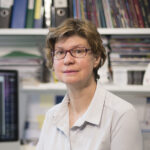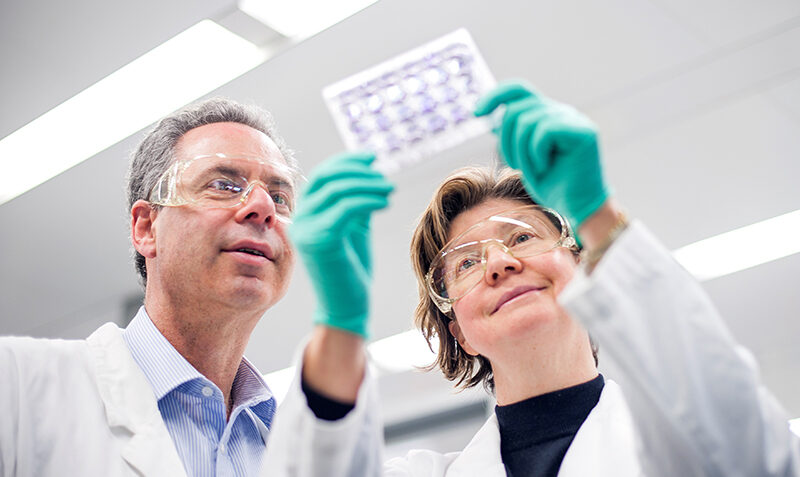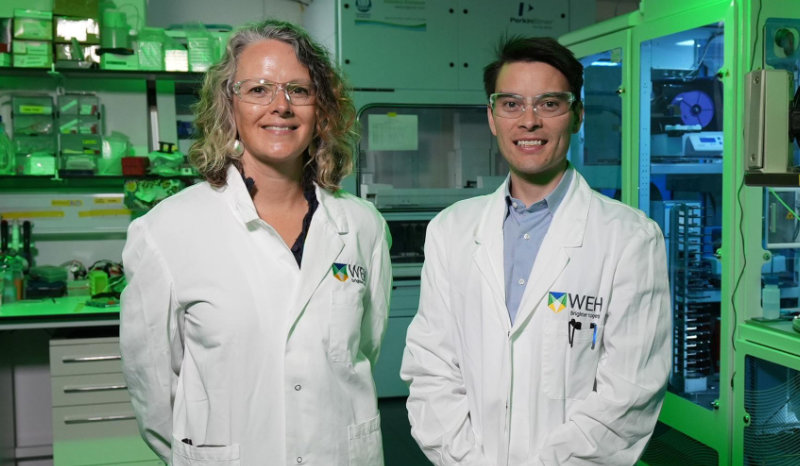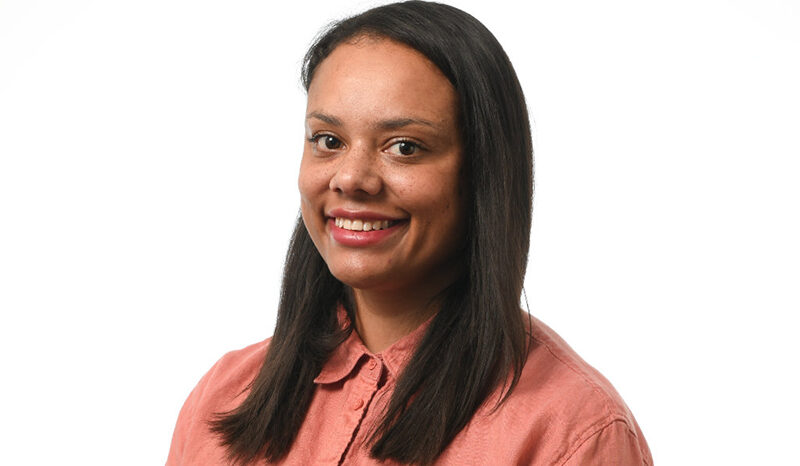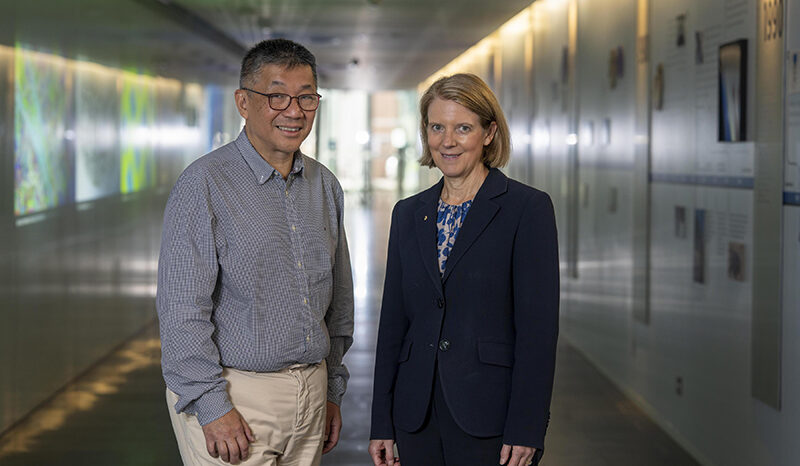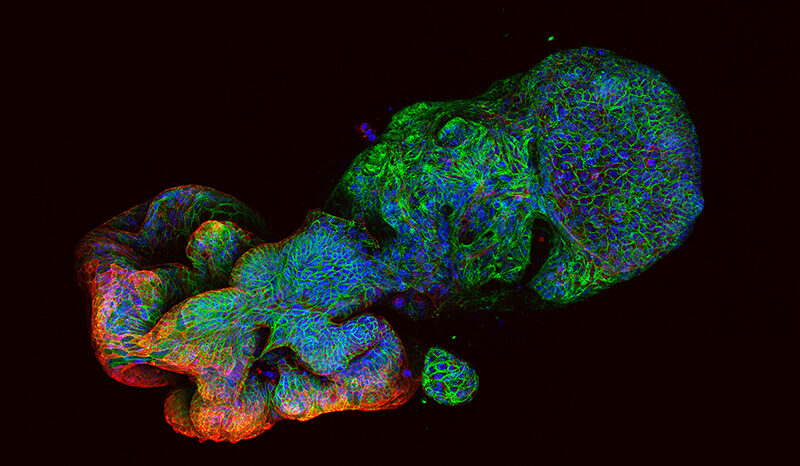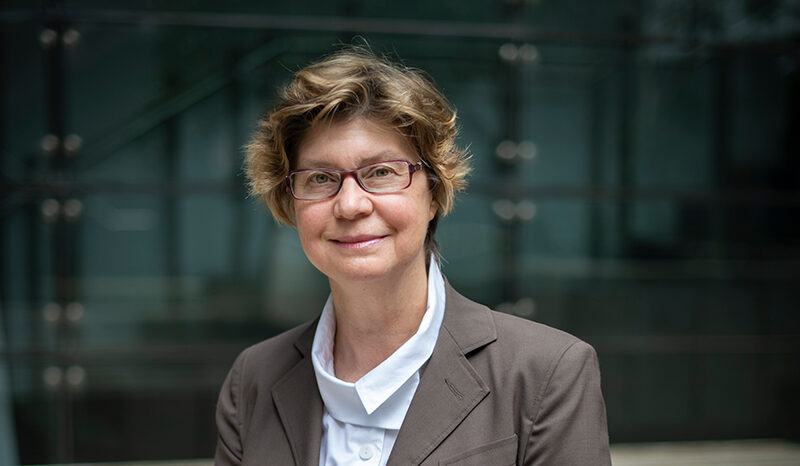A team sport
While dedicated research over many decades has led to significant improvements in the detection and treatment of breast cancer, over 20,000 Australians continue to be diagnosed with the disease every year, leading to over 3,100 deaths annually.
For more than two decades Prof Visvader and Prof Lindeman, joint heads of the ACRF Cancer Biology and Stem Cells Division at WEHI, have sought to improve these outcomes, making crucial discoveries into healthy breast development and how errors in this process can lead to cancer.
Prof Visvader said that she and Prof Lindeman were thrilled to be jointly awarded the prestigious Buchanan Medal and to join the list of medical science luminaries that are previous recipients.
“Lives continue to be cut short by breast cancer. This award will help us highlight some of the progress that is being made, but also to advocate for the ongoing need to support fundamental laboratory research, which will be essential for delivering improved outcomes for the next generation,” said Prof Visvader.
“Science is very much a ‘team sport’, and this award really recognises a stellar team of devoted scientists and colleagues and patient advocates that we have been fortunate to work with over the last 25 years.”
Prof Lindeman said the team’s findings are being used to inform new treatments and prevention strategies for women at high risk of breast cancer.
“New technologies, coupled with the development of new drugs, promise to advance our understanding of breast cancer further and should lead to more refined, personalised approaches to therapy,” said Prof Lindeman, who is also a medical oncologist at the Peter MacCallum Cancer Centre and Royal Melbourne Hospital.
“This is likely to improve outcomes for breast cancer patients and their families – a future we can look to with hope and optimism.”


